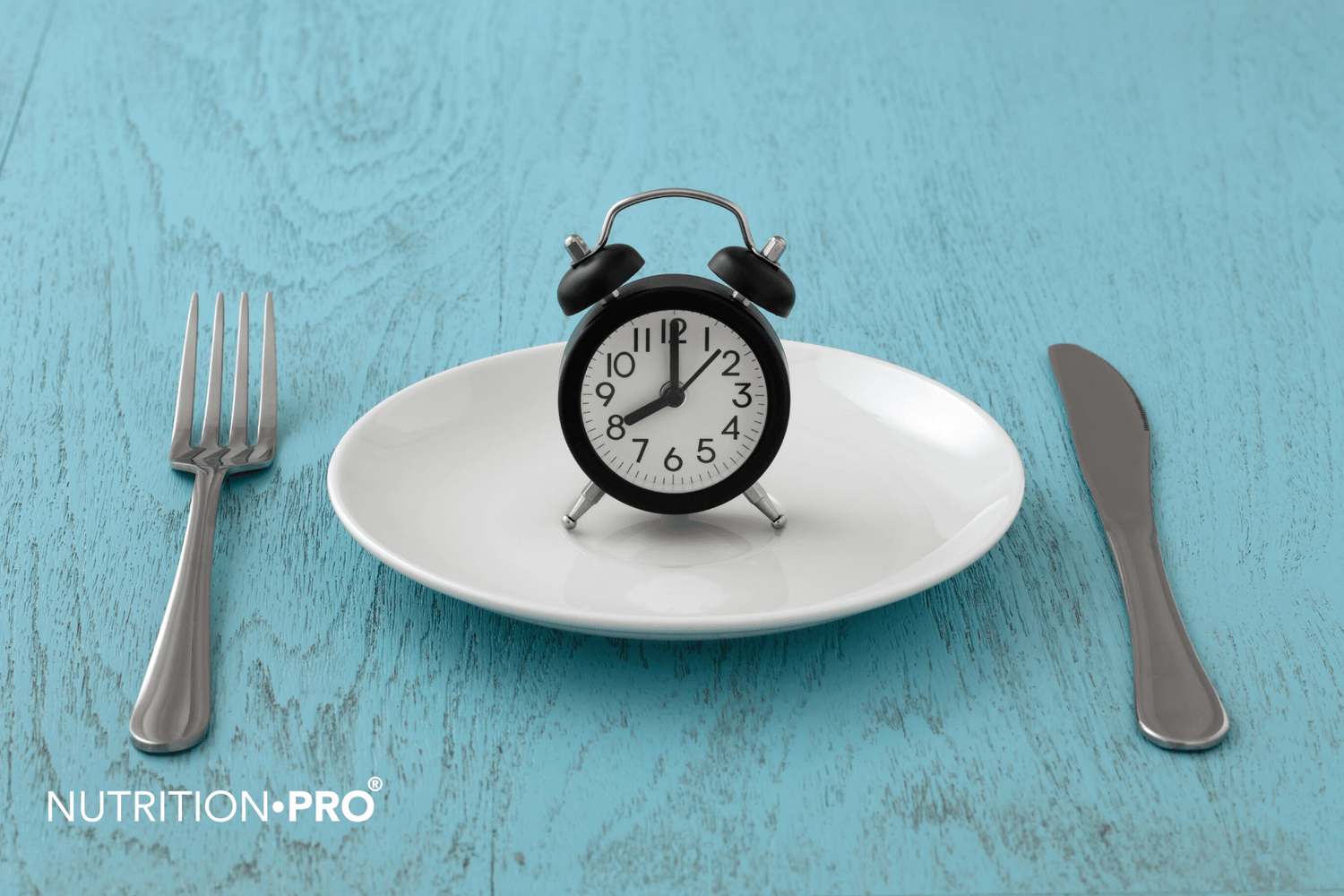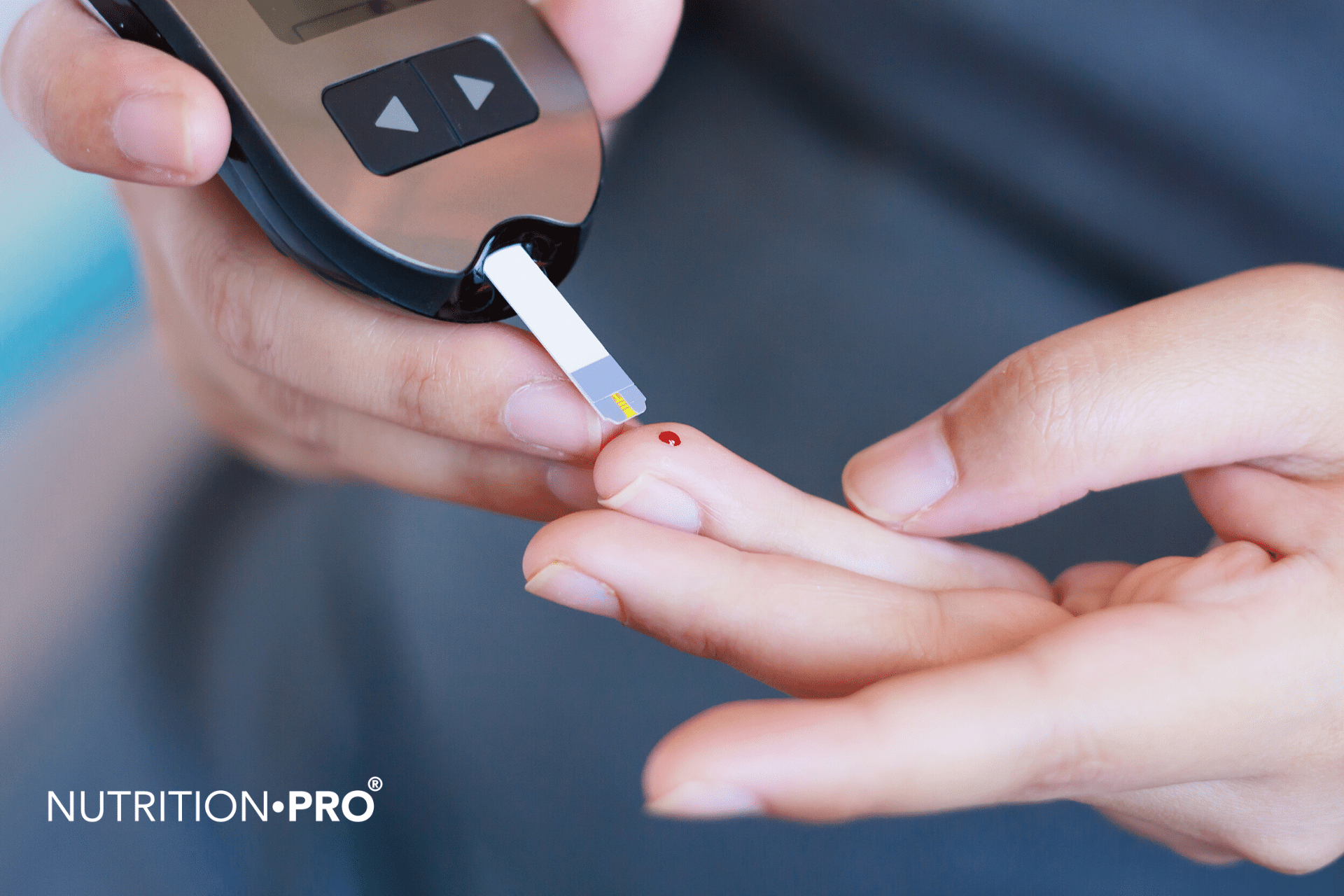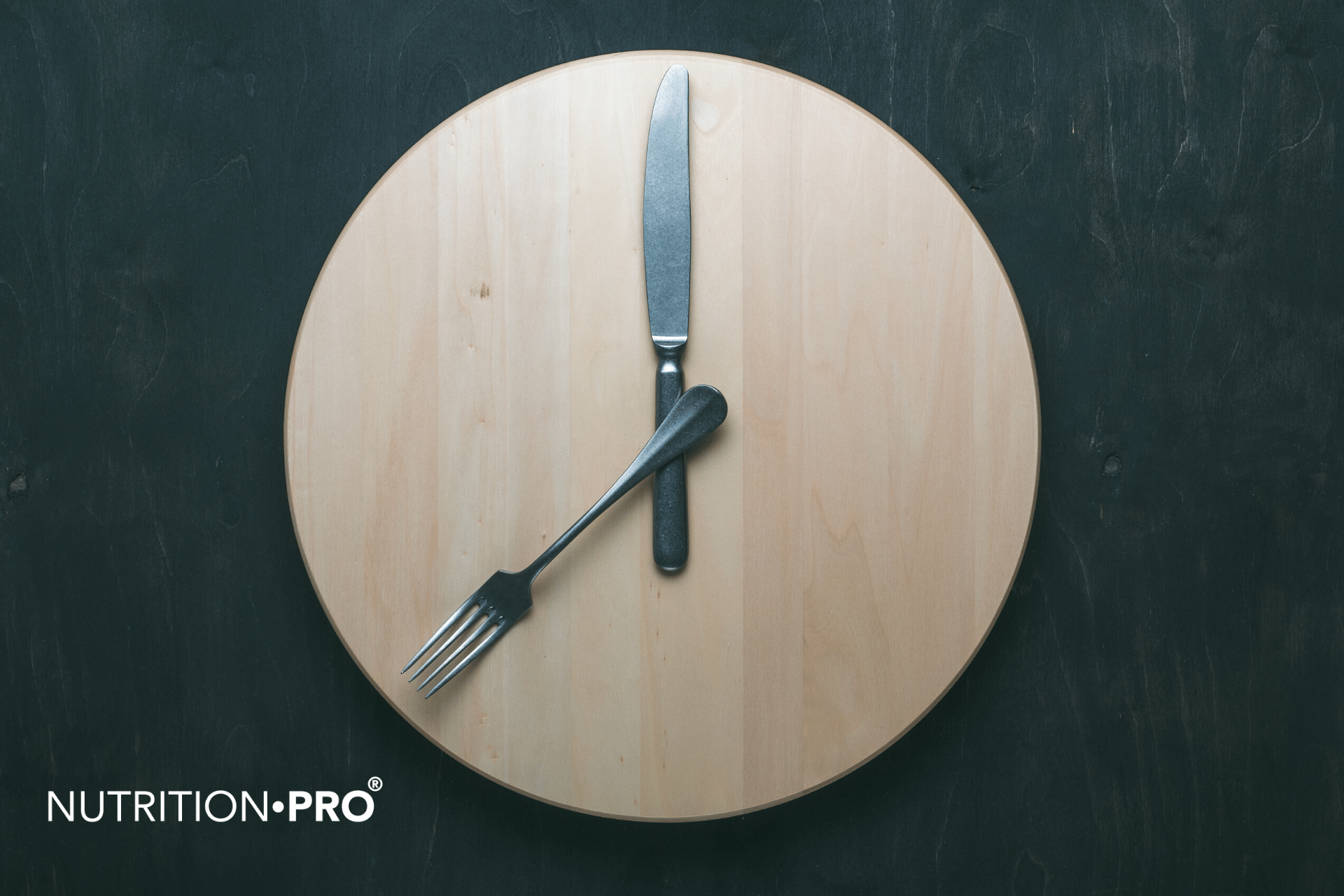Fasting has been practiced for thousands of years and is a staple practice in many different religions and cultures around the world.
Today, new varieties of fasting put a new spin on the ancient practice.
16/8 intermittent fasting is one of the most popular styles of fasting. Proponents claim it's an easy, convenient, and sustainable way to lose weight and improve overall health.
This article reviews 16/8 intermittent fasting , how it works, and whether it's right for you.
What is 16/8 intermittent fasting?
16/8 intermittent fasting involves limiting the consumption of calorie-containing foods and beverages to a fixed eight-hour window per day and abstaining from food for the remaining 16 hours.
This cycle can be repeated as often as you wish - from once or twice a week to daily, depending on your personal preference.
16/8 intermittent fasting has grown in popularity in recent years, especially among those looking to losing weight and burn fat .
While other diets often impose strict rules and regulations, 16/8 intermittent fasting is easy to follow and can deliver real results with minimal effort.
It is generally considered less restrictive and more flexible than many other diets and can easily accommodate almost any lifestyle.
In addition to improving weight loss , 16/8 intermittent fasting is also believed to improve blood sugar control, boost brain function, and improve longevity.
How to start?
16/8 intermittent fasting is simple, safe and sustainable.
Start by choosing an eight-hour window and limiting your food intake to that time.
Many people prefer to eat between noon and 8 p.m. because that means you only have to fast overnight and skip breakfast, but you can still eat a balanced lunch and dinner, as well as a few snacks throughout the day.
Others choose to eat between 9 a.m. and 5 p.m., allowing plenty of time for a healthy breakfast around 9 a.m., a normal lunch around noon, and a light dinner or early snack around 4 p.m. before you begin your fast. .
However, you can experiment and choose the period that best suits your schedule.
Additionally, to maximize the potential health benefits of your nutrition , it's important to stick to nutritious whole foods and beverages during your meal times.
Fill up on rich foods in nutrients can help supplement your diet and allow you to reap the rewards of this diet.
Try to balance each meal with a good variety of healthy foods, such as:
- Fruits: apples, bananas, berries, oranges, peaches, pears, etc.
- Vegetables: broccoli, cauliflower, cucumbers, leafy greens, tomatoes, etc.
- Whole grains: quinoa, rice, oats, barley, buckwheat, etc.
- Healthy fats: olive oil, avocado and coconut oil
- Protein sources: meat, poultry, fish, legumes, eggs, nuts, seeds, etc.
Drinking calorie-free beverages like unsweetened water, tea, and coffee, even while fasting, can also help control your appetite while keeping you hydrated.
On the other hand, overeating or overdoing it with junk food can negate the positive effects associated with 16/8 intermittent fasting and may end up doing more harm to your health than good.
Benefits of 16/8 Intermittent Fasting
16/8 intermittent fasting is a popular diet because it's easy to follow, flexible, and sustainable over the long term.
It's also convenient, as it can cut down on the time and money you have to spend on cooking and preparing food each week.
In terms of health, 16/8 intermittent fasting has been associated with a long benefits list , notably:
- Boost Weight Loss: Not only does restricting your intake to just a few hours a day helps reduce calories throughout the day, but studies also show that fasting may boost metabolism and increase weight loss .
- Improved blood sugar control: The Intermittent fasting has been shown to reduce fasting insulin levels by up to 31% and blood sugar by 3-6%, potentially lowering your risk of diabetes .
- Increased longevity: Good Although evidence in humans is limited, some animal studies have shown that intermittent fasting can prolong longevity .
Disadvantages of 16/8 Intermittent Fasting
16/8 intermittent fasting may be associated with many health benefits, but it does have some drawbacks and may not be suitable for everyone.
Limiting your intake to just eight hours a day may cause some people to eat more than usual during meal times to compensate for the hours spent fasting.
This can lead to weight gain, digestive issues, and the development of poor eating habits.
16/8 intermittent fasting can also cause short-term negative side effects when you start, such as hunger, weakness and fatigue – although these often go away once you start a routine.
Additionally, some research suggests that intermittent fasting may affect differently the men and the females , animal studies indicating it may interfere with fertility and reproduction in females .
However, more human studies are needed to assess the effects that intermittent fasting may have on reproductive health.
Either way, be sure to start slowly and consider stopping or seeing your doctor if you have any concerns or negative symptoms.
Is 16/8 intermittent fasting right for you?
16/8 intermittent fasting can be a sustainable, safe, and easy way to improve your health when paired with a nutritious diet and a healthy lifestyle.
However, it should not be considered a substitute for a healthy, balanced diet rich in whole foods. Not to mention, you can still be healthy even if intermittent fasting isn't working for you.
Although 16/8 intermittent fasting is generally considered safe for most healthy adults, you should talk to your doctor before trying it, especially if you have any underlying health conditions.
This is essential if you are on medication or have diabetes, low blood pressure or a history of eating disorders .
Intermittent fasting is also not recommended for women trying to conceive or those who are pregnant or breastfeeding.
If you have any concerns or experience any adverse side effects while fasting, be sure to consult your doctor.
The essential
16/8 intermittent fasting involves only eating for an 8-hour window and fasting for the remaining 16 hours.
It may promote weight loss and improve blood sugar levels, brain function and longevity.
Eat a healthy diet during your meal period and drink calorie-free beverages like water or unsweetened teas and coffee.
It's best to talk to your doctor before trying intermittent fasting, especially if you have any underlying health conditions.















